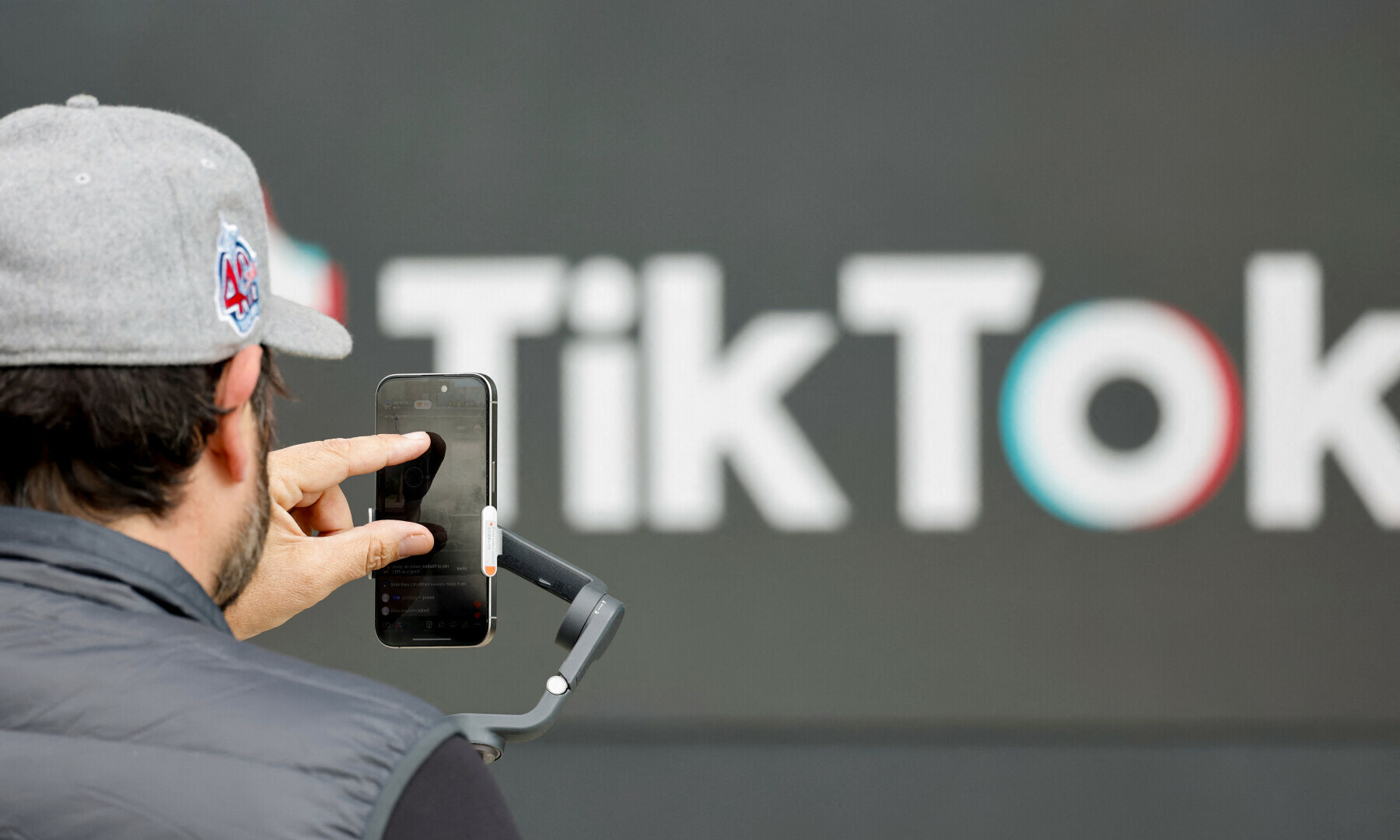The future of TikTok in the United States has taken a decisive turn after months of back-and-forth between Washington and Beijing. At the heart of the debate is a proposed agreement that would transfer control of the app’s American operations to a new investor group. The question dominating headlines now is simple: who will be the new owner of TikTok? While negotiations have been turbulent, insiders say the framework has finally reached a stage where both sides see a path forward. And with Donald Trump’s extension of the looming ban, the new owner of TikTok could soon be revealed.
High-Level Talks Push Deal Closer
Rather than emerging from quiet boardrooms, this deal has unfolded on a global stage. The latest round of negotiations took place in Madrid, where American and Chinese teams revived a framework originally floated back in April. That early draft stalled when Trump announced sweeping tariffs against Chinese imports, but the urgency to prevent TikTok from being banned has brought both capitals back to the table.
The deal, according to insiders, is built around a consortium of heavyweight U.S. investors, names like Oracle, Andreessen Horowitz, and Silver Lake. They are expected to hold roughly 80 percent of the new company’s shares, leaving the remainder in Chinese hands, in compliance with U.S. law that limits Beijing’s stake to below 20 percent. The group will be managed by a U.S.-led board, with one member appointed directly by the Trump administration.
While none of these details have been confirmed publicly, sources say the framework is strong enough that Trump and Chinese President Xi Jinping are likely to formalize it in their upcoming phone call. That conversation, planned for Friday, is being watched as the potential turning point in TikTok’s long-running uncertainty.
Investors, Politics, and the Search for the New Owner of TikTok
The intrigue is not only about balance sheets but also about politics. Oracle’s executive chairman Larry Ellison, a close Trump ally, has already been tied to previous efforts to acquire TikTok. His company currently hosts TikTok’s U.S. data and was on the brink of a deal back in 2020 before regulators blocked the sale. Ellison briefly became the world’s richest man last week, adding further attention to his potential involvement.
But Ellison isn’t the only power broker here. The inclusion of major private equity firms shows Washington’s desire to distribute control across American hands rather than consolidating power in one company. This approach also aims to address national security fears that have long defined the TikTok debate.
Treasury Secretary Scott Bessent has gone on record to explain that Trump’s hardline tactics — particularly the threat to let TikTok “go dark”, forced Beijing to soften its stance. According to Bessent, that brinkmanship persuaded China to agree to an American-led buyout, a scenario that was unthinkable months ago.
The deal’s fine print reportedly addresses data protection measures and operational oversight. Officials stress that security was never up for compromise, and the final draft includes assurances that user information will remain under U.S. jurisdiction. While exact investor shares are still under discussion, Bessent hinted that public announcements may be made within weeks.
Trump Extends Deadline, Raising Pressure
In parallel with negotiations, Trump signed an executive order this week extending TikTok’s deadline by another three months. Without the extension, the app would have been banned immediately, cutting off millions of American users. This marks the fourth time the deadline has been pushed, but this round carries a different weight: the administration is now openly signalling that a deal has been reached in principle.
For Trump, the issue is both political and strategic. Securing TikTok under U.S. control would not only demonstrate toughness on China but also showcase his ability to strike deals on technology and national security. Moreover, American officials hinted that progress on TikTok could serve as a prelude to a long-awaited meeting between Trump and Xi, possibly next month.
Meanwhile, for Beijing, conceding majority control of TikTok’s U.S. operations is a difficult pill to swallow. Yet Chinese negotiators are said to view this compromise as a way to avoid a full ban, preserve TikTok’s global presence, and reopen trade conversations disrupted by tariffs.
What Comes Next?
The next chapter depends heavily on the leaders’ upcoming phone call. If both sides endorse the investor framework, TikTok will not only remain in the United States but could emerge with a stronger and more politically palatable identity. Still, until names are finalised and paperwork signed, the debate over the new owner of TikTok remains open.
For millions of users, the political chessboard matters less than continuity: they want the app to remain accessible. But for policymakers in Washington and Beijing, the ownership of TikTok has become a symbol of sovereignty, influence, and digital power in the 21st century.
Also, see:
Mehrunisa Iqbal: A Rising Star in Pakistan’s Entertainment Industry
